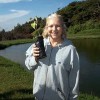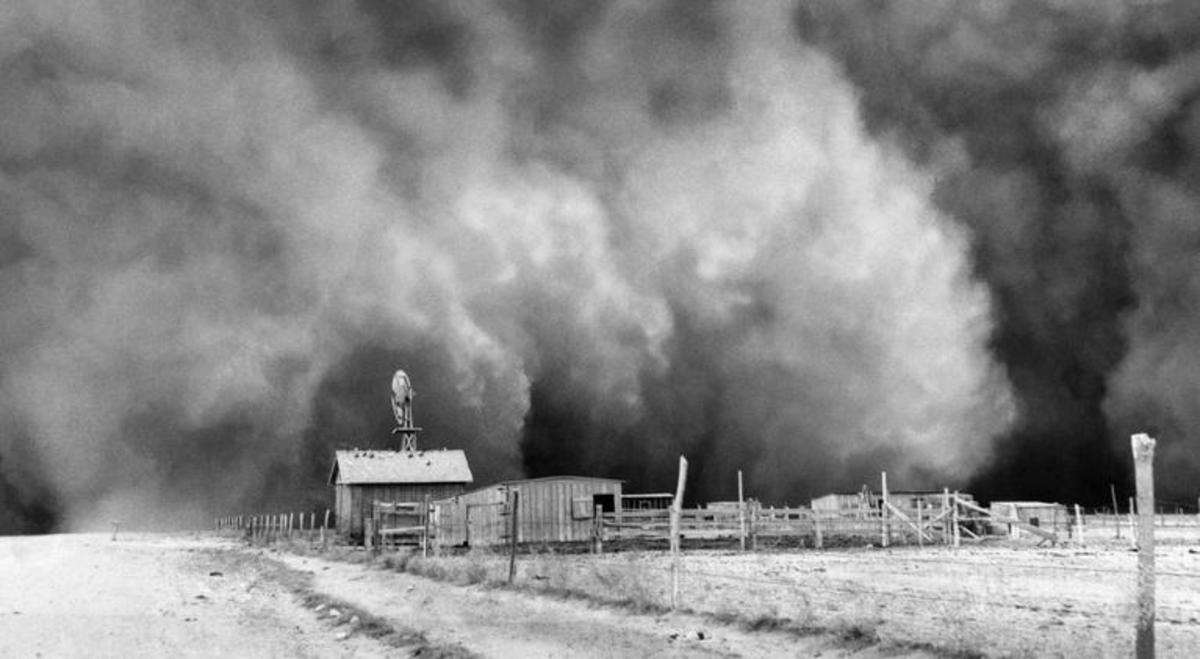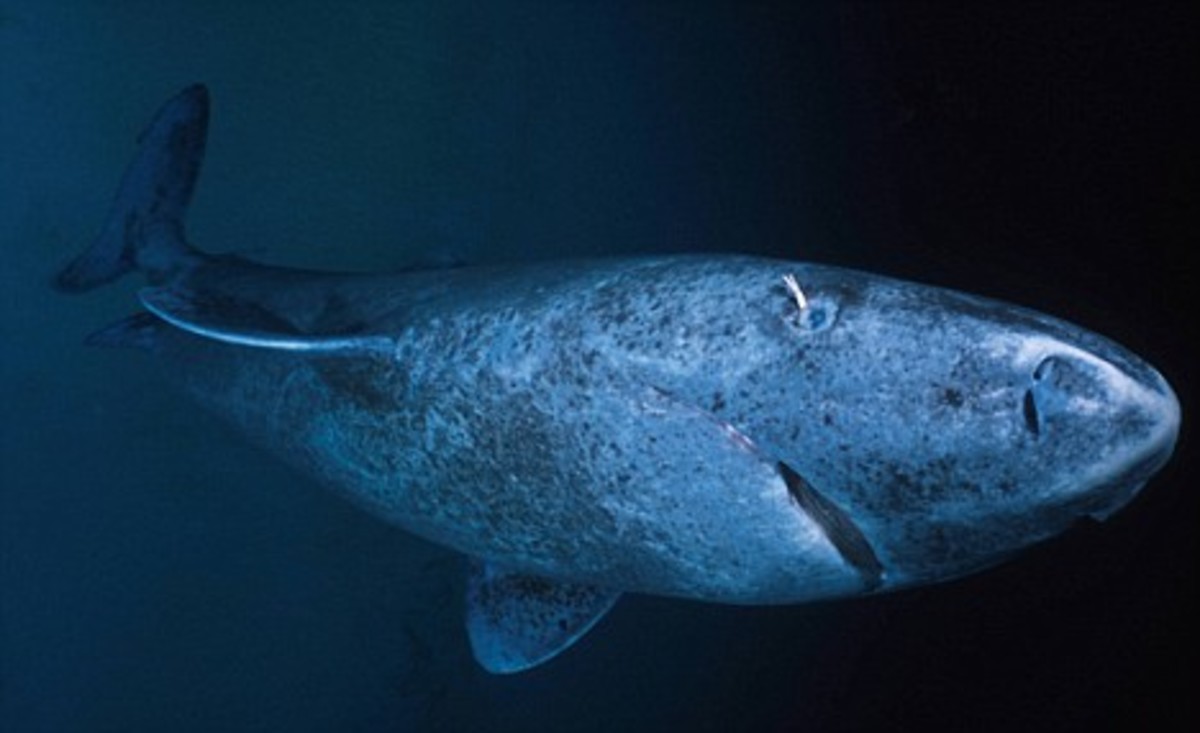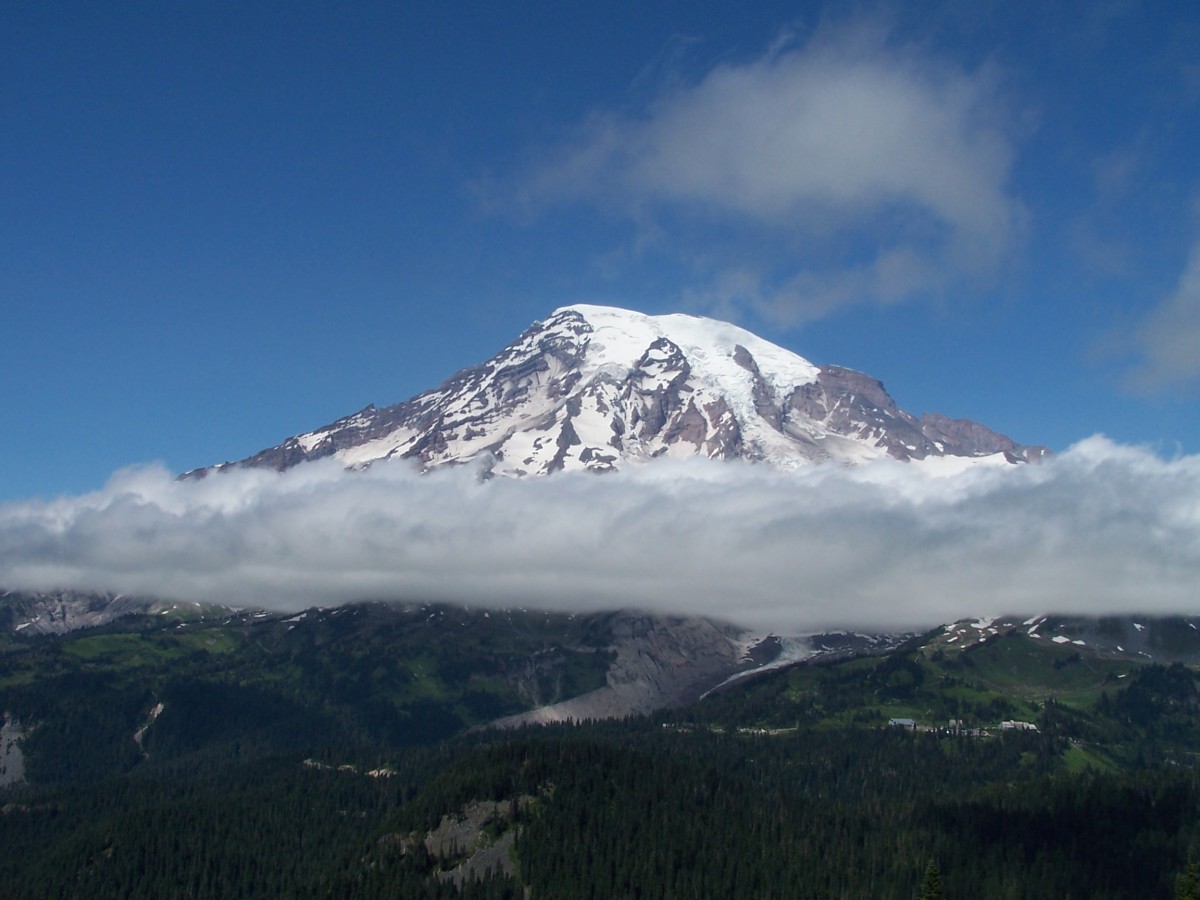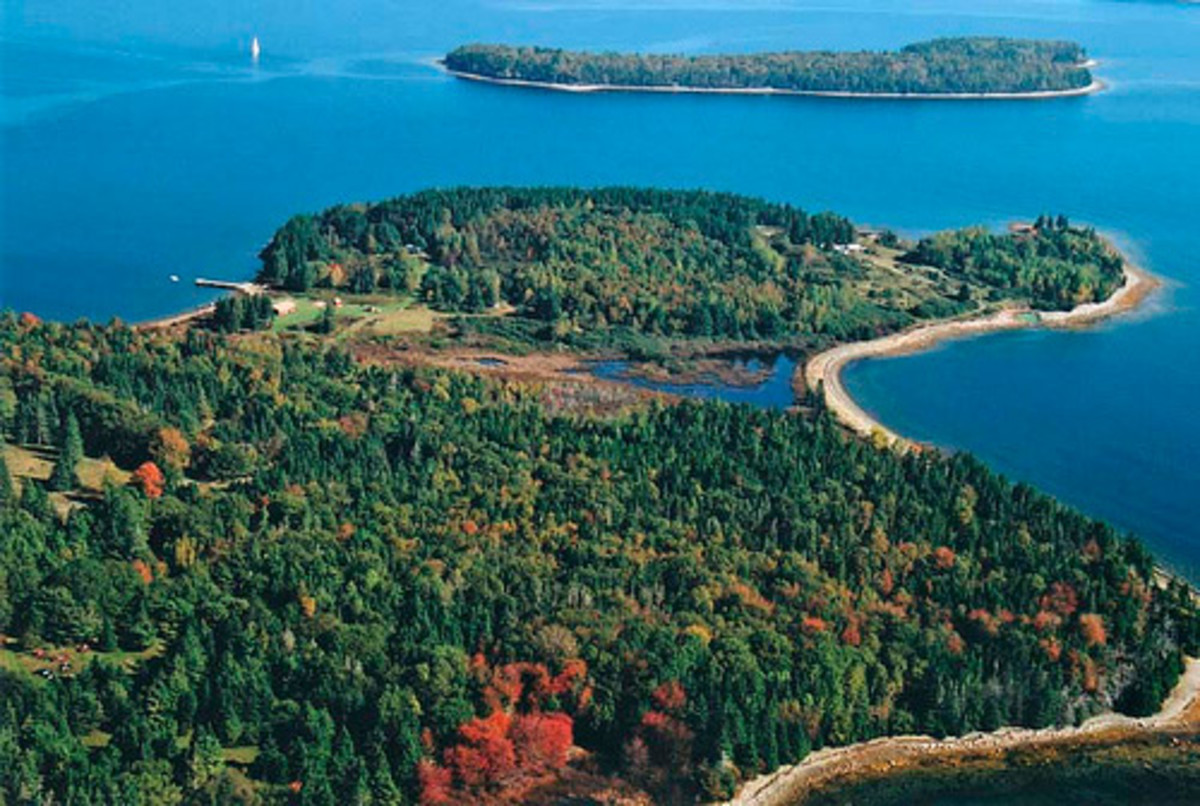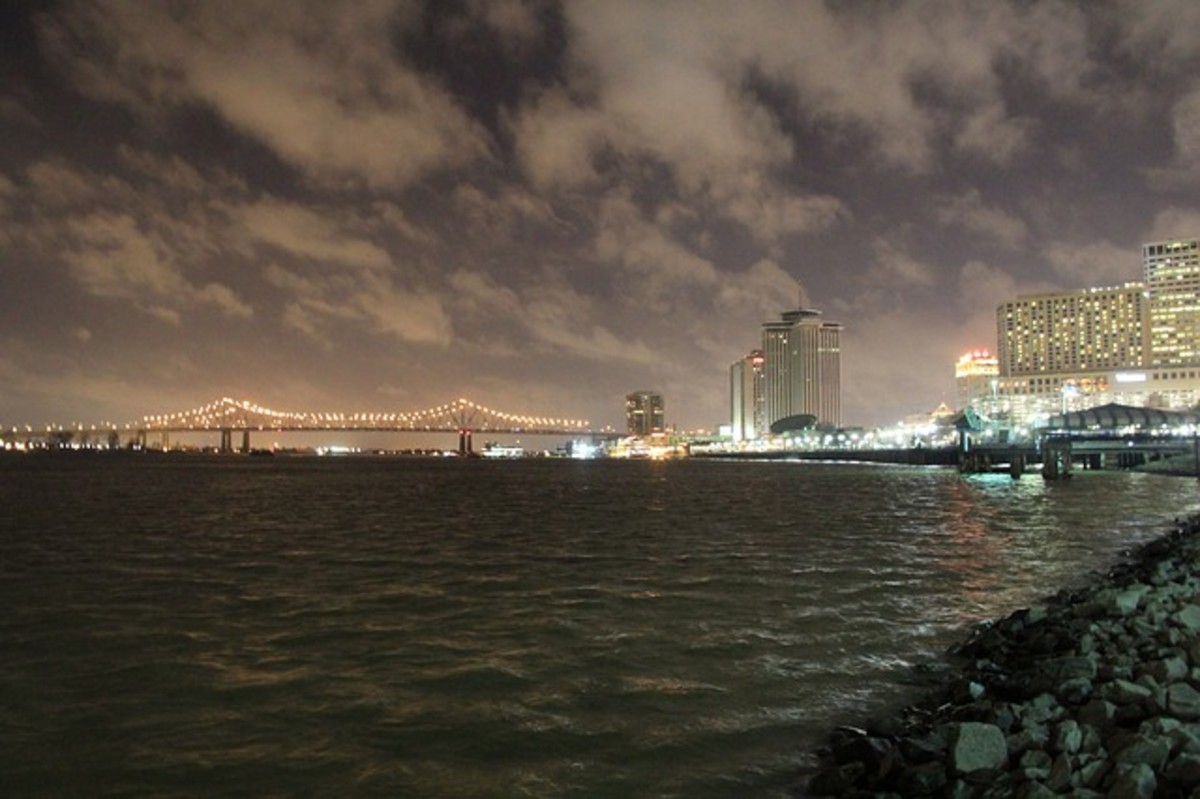What Frogs Tell Us about Our World
Frogs Don't Talk, Do They?
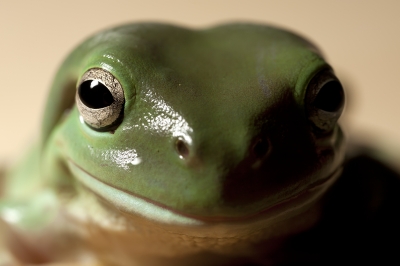
When Frogs Talk, Scientists Listen
What Frogs Tell Us...
Have you ever met a talking frog? It's true that frogs and toads communicate with us...not merely through their croaking and calls. They also tell us about their ecosystem which, in turn, tells humans about our own environment.
The welfare of frogs, toads and other amphibians gives us clues to environmental impact of man and his pollution.
- The life cycle of all amphibians depends on water and wetlands.
- Frogs, toads, and other amphibians have permeable skin which is vulnerable to pollution and toxicity in their ecosystem.
- Because of these two traits, ecologists rely on any changes in the amphibian populations as an indicator of changes in the ecosystem.
- The pollution of our water in lakes, ponds, and rivers is directly observable through the health of the wildlife that inhabits it.
Since 1989, scientists have been alarmed by at significant declines in the populations of some amphibians. The decline was observable in wetlands around the world. In 1995, a group of Minnesota school children studying amphibian habitats observed frog populations with limbs that were malformed and deformed. Their study led to a more intense study of why the frogs were developing with deformities. They found that the frogs were the first sign of a change in the broader ecosystem.
The most alarming of all man's assaults upon the environment is the contamination of air, earth, rivers, and sea with dangerous and even lethal materials.
~ Rachel Carson
Frogs and Toads
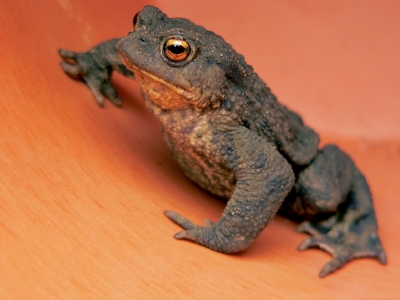
Environmental Science Encourages Citizen Scientists
Master Naturalist programs encourage volunteers to participate in studying and preserving the biodiversity in each state in the United States. I joined the Rolling Plains Master Naturalist group in Texas. To become a certified master naturalist, the Texas program requires that you attend classes that cover rudimentary geology, entomology, herpetology, ornithology, botany, and conservation.
Anyone who is interested in conservation and nature is encouraged to participate. My home group, the Rolling Plains Master Naturalists, studied the geographical area of the Rolling Plains.
As citizen scientists we participated in several programs by doing bird counts, tagging monarch butterflies, and celebrating the Great American Backyard Campout. Those were just a few of the activities in which we were active. Being a master naturalist and citizen scientist covers a wide range of interests.
We also participated in the Amphibian Watch. Yes, we listened to frogs talk. And chirp. And croak.
After a good rain, a group of us went to a wetland area and listened to frog and toad calls and identified them. Then our leader sent in a report to the state master naturalist program with all the information we gathered...the time, the place, the numbers, etc.
I
Listen to the Frogs and Watch out for the Alligators in this Video by Joe Furman.
Master Naturalist Programs by State
Currently, Wyoming is the only state that does NOT have a master naturalist program. Some state programs are more developed than others and have several chapters that cover the various regions of the state.
Texas has approximately 40 chapters. Texas, of course, covers a huge area and has seven distinct environmental areas including the Rolling Plains, Coastal Plains, Piney Woods, Cross Timbers, and Llano Estacado.
Virginia has over 20 chapters; North Carolina has two.
All state programs are open to anyone who is interested in learning more about Nature and wants to volunteer time and effort to contribute to science and public education regarding our natural world.
Find Your State Here: http://www.ecosystemgardening.com/master-naturalist-programs-by-state.html
© 2015 Peggy Browning
